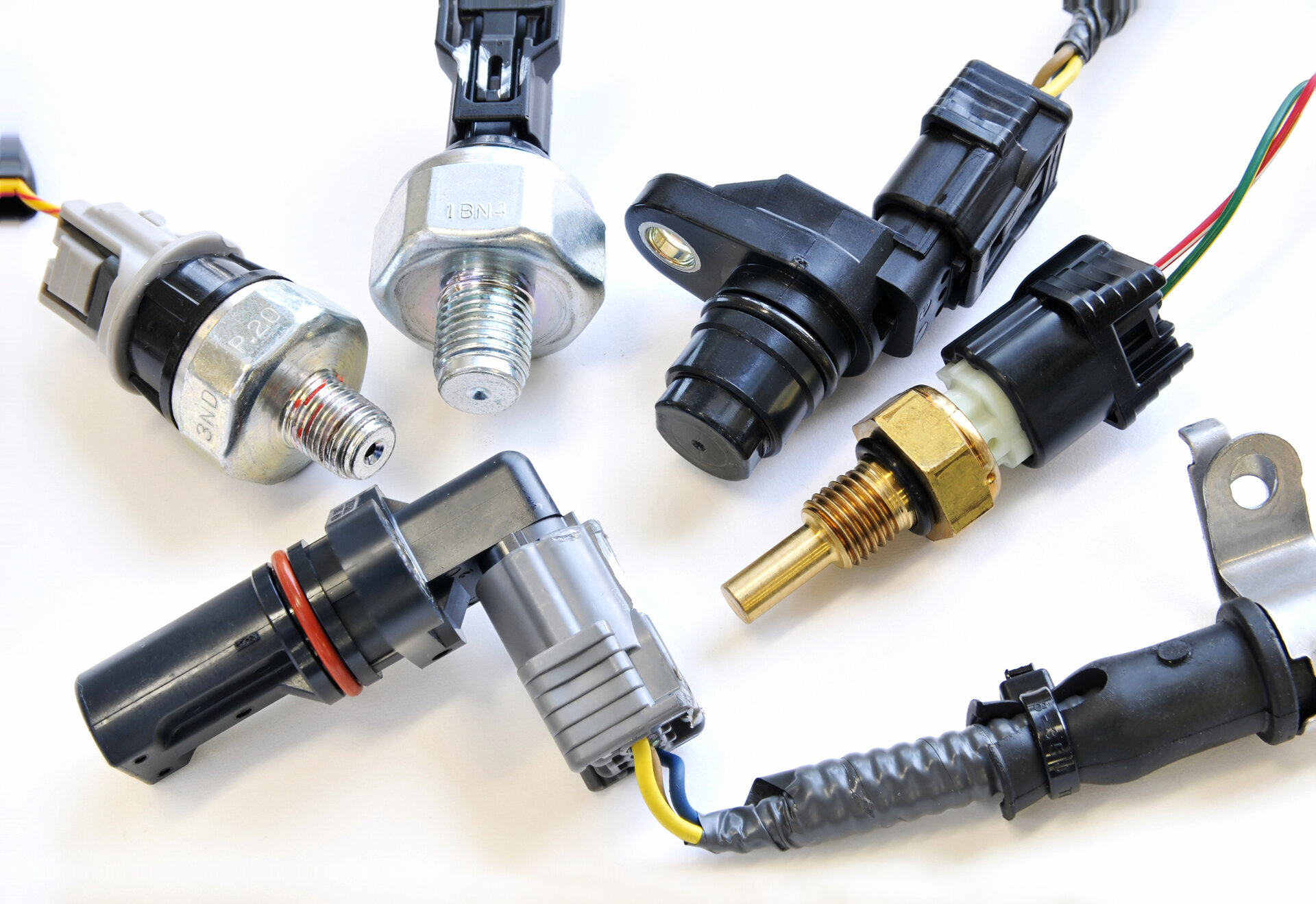As the global community pivots towards sustainable energy solutions, hydrogen emerges as a beacon of clean fuel potential. Yet, its inherent flammability and the challenge of detecting it necessitate the utmost precision and reliability in monitoring technologies. It is here that hydrogen detection systems step into the limelight, playing a pivotal role in navigating the intricacies and maximizing the advantages of this powerful energy vector. This exploration delves into the myriad benefits these technologies offer and their critical applications across diverse sectors.
Unveiling the Significance of Hydrogen Detection
Hydrogen, with its promise as a sustainable energy beacon, beckons for meticulous handling due to its volatile nature. Consequently, hydrogen sensors are tasked with the crucial role of identifying gas leaks at the earliest, often at concentrations well below the threshold of flammability. Thus, these instruments are not merely safety mechanisms but are foundational to the broader adoption and application of hydrogen technologies, ensuring their safe integration into fuel cells, storage solutions, and transportation modalities.
Advantages of Precise Hydrogen Monitoring
- Elevating Safety Measures
First and foremost, the deployment of hydrogen detection systems markedly enhances safety protocols in environments dealing with hydrogen. By facilitating early leak detection, these devices prevent the accumulation of gas to levels that could precipitate catastrophic outcomes, such as explosions or fires. This is particularly critical in industrial settings and hydrogen refueling stations where the stakes are exceptionally high. - Boosting Operational Efficiency
Moreover, these monitoring systems significantly contribute to operational efficacy. By promptly identifying leaks, they curtail hydrogen waste, ensuring that a maximal volume of this precious resource is utilized or reaches its intended end-use. This operational efficiency is not just a matter of resource management but is pivotal for the economic sustainability of hydrogen as a competitive fuel source. - Ensuring Regulatory Compliance
Furthermore, adherence to stringent regulatory standards governing hydrogen use is facilitated by these detection systems. They enable entities to maintain compliance, thereby avoiding penalties and underscoring a commitment to safety and environmental stewardship. Compliance, in this context, transcends mere legal obligation, embodying a dedication to uphold the highest safety and ecological standards.
Broadening Applications of Hydrogen Detection Systems
- Renewable Energy Innovations
In the realm of renewable energy, these sensors are instrumental in fuel cell technologies, where they monitor and optimize hydrogen use while preemptively addressing leakage. Their application bolsters the reliability and durability of fuel cells, crucial for the propulsion of clean energy vehicles and the efficiency of stationary power systems. - Industrial and Manufacturing Sectors
Additionally, hydrogen’s role in various industrial processes—from food processing to metal treatment—necessitates rigorous monitoring to manage its concentration and ensure both safety and process efficiency. Here, detection systems are indispensable in safeguarding operational environments and optimizing resource use. - Aerospace and Automotive Advancements
In aerospace and transportation, where hydrogen fuel cells are increasingly favored for their minimal environmental footprint, the importance of monitoring systems is underscored. They ensure the safe management of fuel cells in vehicles and aircraft, guaranteeing safety across a range of operational conditions.
Envisioning the Future of Hydrogen Safety
As we edge closer to a hydrogen-driven future, the evolution of detection technologies gains momentum, ushering in more sensitive, durable, and cost-effective solutions. This innovation trajectory not only enhances safety protocols but also paves the way for the expanded use of hydrogen across various sectors, marking a significant step towards a sustainable energy paradigm.
Ensuring Safety
Navigating the shift towards a hydrogen-centric energy landscape is fraught with challenges, not least of which is ensuring safety. Here, the role of a hydrogen sensor becomes paramount, providing a critical foundation for the safe, efficient, and environmentally responsible exploitation of hydrogen. As advancements in this field continue to break new ground, the promise of a secure, hydrogen-fueled future becomes increasingly tangible, heralding a new era of energy sustainability and innovation.
Photo Credit: dreamnikon & Open Studio / stock.adobe.com


